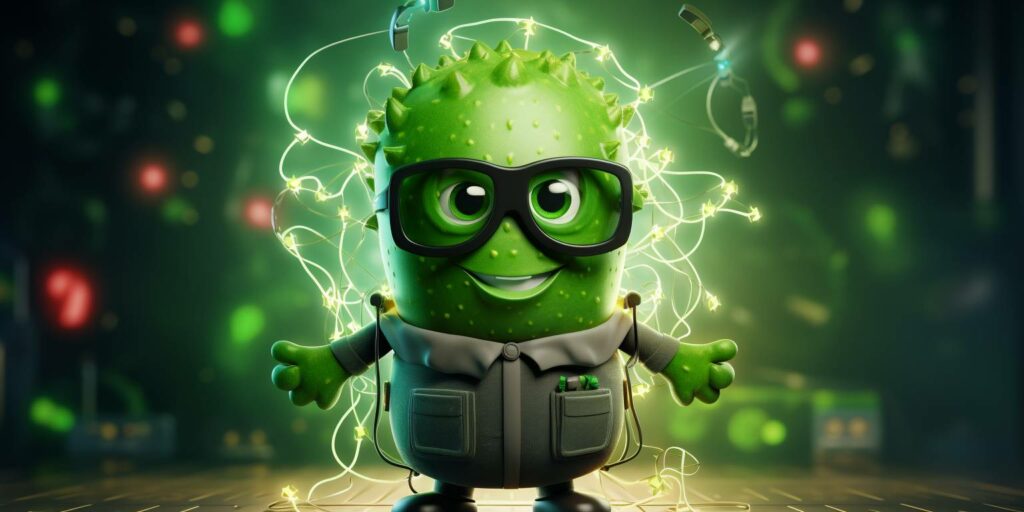As a web developer with years of experience, I’ve found that content personalization, powered by machine learning, has drastically transformed the landscape of web development, taking user experience to unprecedented levels.
Contents

Personalized Content for Enhanced User Experience
One of the key advantages of using machine learning algorithms for content personalization is their ability to create highly targeted and relevant content for each individual user. With machine learning, websites can analyze vast amounts of data to understand user preferences, behavior, and interests. This results in the delivery of content tailor-made for each user, ensuring that they receive the most relevant information and offers.
Driving Business Results
Personalized content not only enhances user experience but also drives business results. By serving precisely what users are looking for, websites can significantly boost conversion rates. This can take the form of an e-commerce website recommending products based on previous purchases, or a news website showcasing articles based on a user’s reading history.
Continuous Learning and Adaption
Machine learning algorithms work by continuously learning and adapting based on user interactions, making personalization an ongoing and dynamic process. These algorithms can detect patterns and trends that may not be immediately apparent to human developers, uncovering valuable insights that can further optimize personalized content delivery.
Implementation Challenges
Implementing content personalization with machine learning requires thoughtful planning and technical expertise. Data collection and analysis must be conducted ethically and responsibly, ensuring user privacy and compliance with applicable regulations. Moreover, web developers need a solid understanding of machine learning algorithms and programming languages for seamless integration.
Role of HTML and CSS
HTML tags play a crucial role in the implementation of content personalization, allowing developers to structure and present personalized content in a visually appealing manner. Additionally, CSS (Cascading Style Sheets) can be leveraged alongside HTML to enhance the presentation of personalized content.
Conclusion
In conclusion, content personalization with machine learning has revolutionized web development by enabling websites to deliver highly targeted and relevant experiences to users. As the field of web development continues to evolve, incorporating content personalization through machine learning will undoubtedly become an essential aspect of creating successful and impactful websites.
